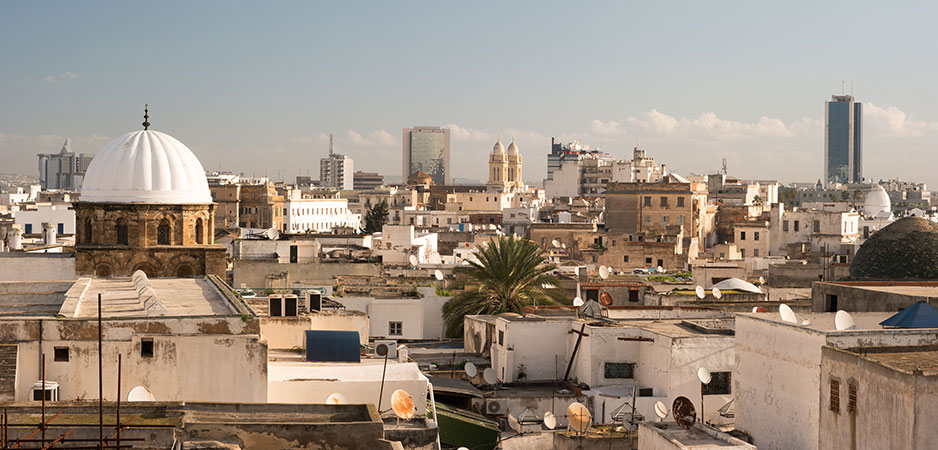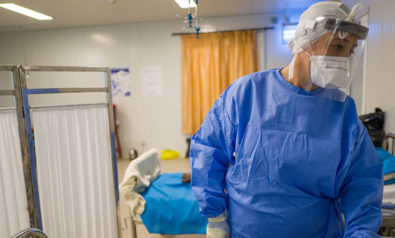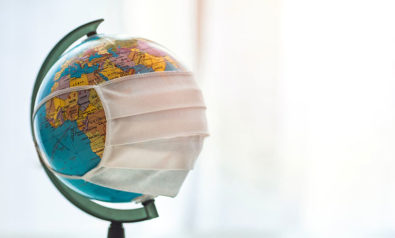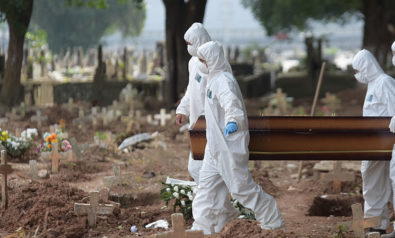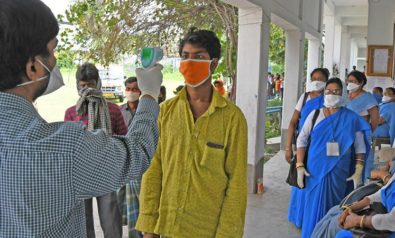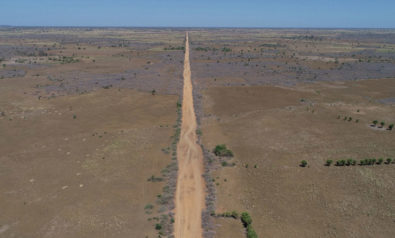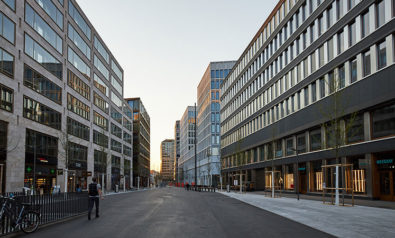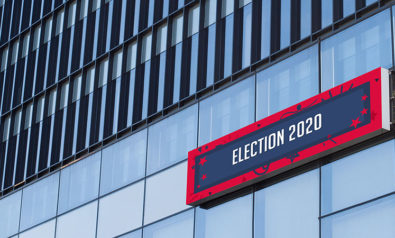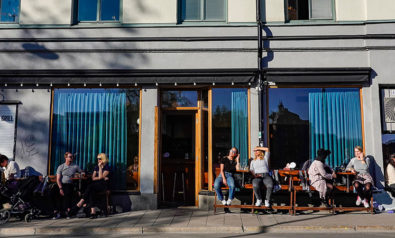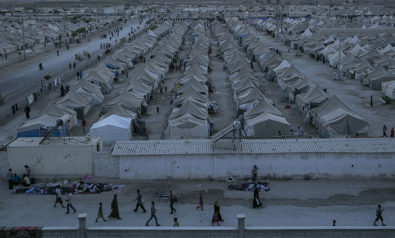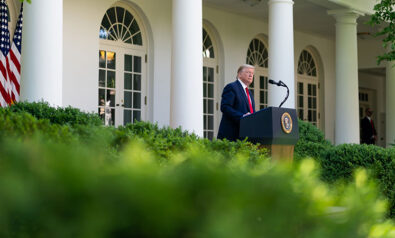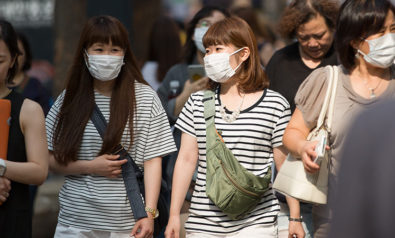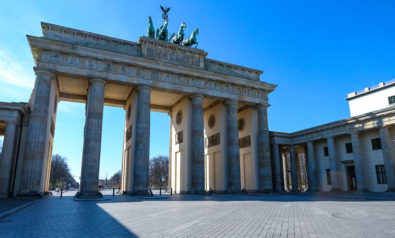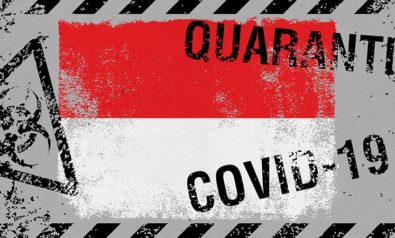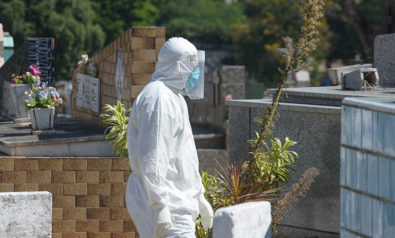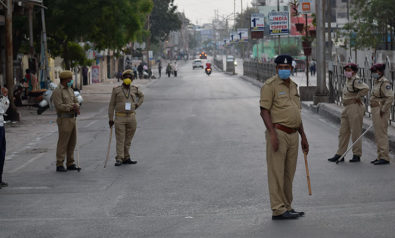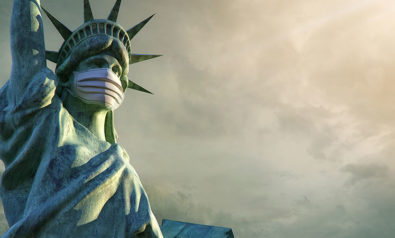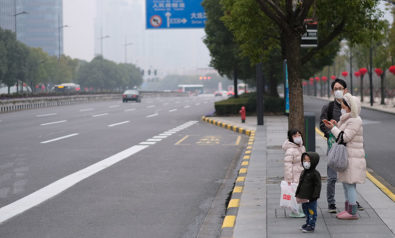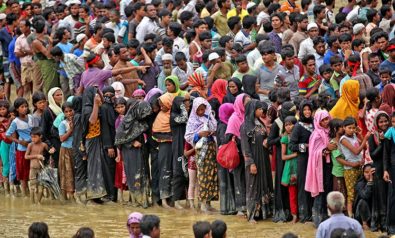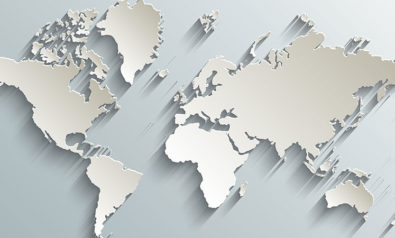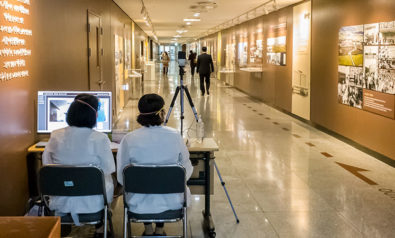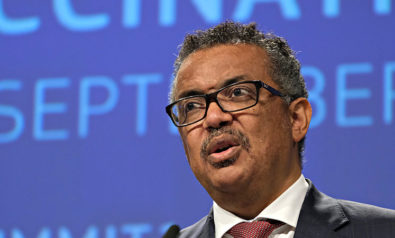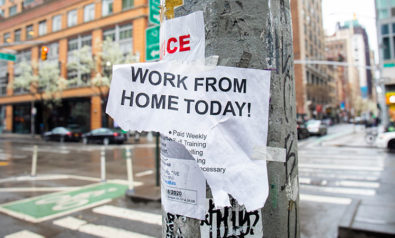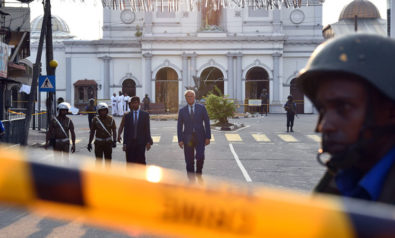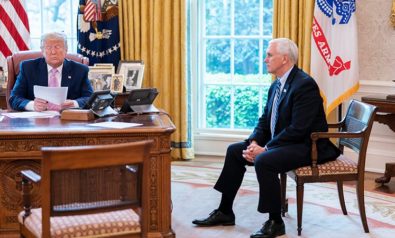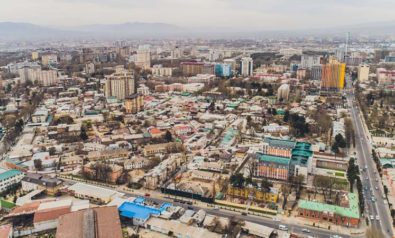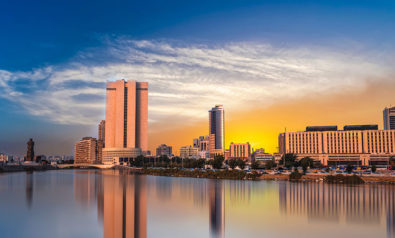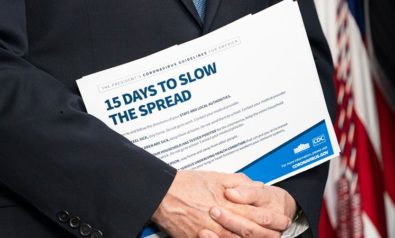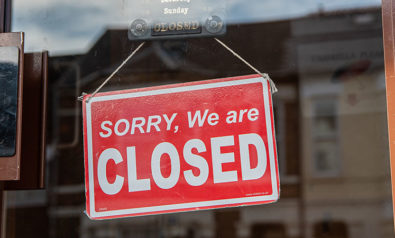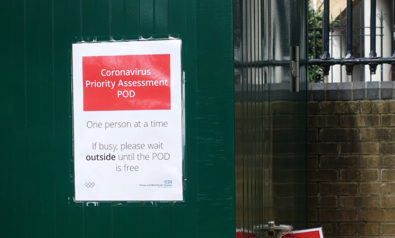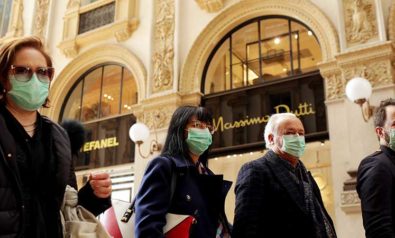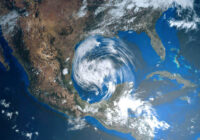Although other nations, such as New Zealand, have received kudos for their handling of the COVID-19 pandemic, one country that has not received the praise it is due from the international media brigade is Tunisia. The small North African country with a fragile economy has achieved a result that many countries, including the UK, should take note of.
On March 18, with less than 30 cases reported, the country’s president Kais Saied announced a firm lockdown and a curfew between 6 p.m. and 6 a.m. By that point, Tunisia had closed its borders and put in place restrictions on public gatherings. By comparison, it took the government of Boris Johnson until March 23, with more than 6,000 reported cases and after weeks of dithering, to order a lockdown.
All Possible Means
The Tunisian response, with the tough lockdown in place for six weeks, has achieved impressive results. Available figures show a steady daily decline of reported cases from a high of 60 on March 24 to just 2 on June 2 and no new cases at the time of writing. To date, the total number of confirmed cases is just over 1,000 with 49 deaths reported. That’s in a country with a population of 11.8 million people. Again, to put those figures into perspective, the UK, with a population roughly six times that of Tunisia, has 275,000 reported cases and nearly 40,000 deaths.
Given the state of the Tunisian economy, with the tourism industry just barely recovering from the substantial damage inflicted on it by terrorist attacks and now reeling under the impact of the coronavirus, it is a remarkable achievement. Tunisia plans to reopen its land, sea, and air borders at the end of June.
According to the defense and security website War on The Rocks, one of the keys to the success was the quick deployment of the armed forces into the battle against the coronavirus. On March 19, the minister of national defense put the military at the disposal of the government by declaring its commitment “to harness all possible human and material means as required to limit the spread of this virus and to preserve the lives and security of citizens.” In the days and weeks that followed, the military assisted in security measures at quarantine sites, the setting up and running of field hospitals and mobile testing units, screening facilities on the border with Libya, and in the remote and lightly populated south of the country, it ran mobile health “caravans” that provided not only doctors and nurses but brought food supplies.
The defense ministry provided a constant stream of announcements reinforcing the message that the military was acting in concert with the government and health authorities. This, from mid-April, regarding increased testing, gives a sense of the approach the ministry has taken: “In support of the national effort to combat the corona pandemic, and in coordination with the National Observatory of New and Emerging Diseases and the Pasteur Institute in Tunis, this morning, Wednesday, April 15, 2020, a military health team went to Tataouine Governorate to focus the equipment of the mobile bacterial laboratory … The mobile laboratory will contribute to (increase) the number of tests directed by civil parties to investigate suspected cases of corona in the southeast.” Deploying the military so effectively in the battle to successfully combat the pandemic is a confirmation that the democracy established in 2011, always frail and beset with threats both internal and external, is growing more robust.
But huge challenges remain. The International Monetary Fund (IMF) estimates the economy will contract by more than 4% next year, with unemployment swelling to 25%. With countries like the UK still struggling to come to grips with the pandemic, Britons, for whom Tunisia has been a destination of choice, are far less likely to go abroad, as are most other Europeans. The tourism sector, when it is functioning, generates roughly 8% of the country’s GDP and employs 400,000. Until the pandemic is defeated and people feel confident about traveling, it will continue to languish.
Treacherous Politics
What was particularly harsh was that the sector, after years of struggle to get beyond the legacy of the 2015 terrorist attacks, had turned the corner last year, with a record 9.3 million visitors. Tourism revenues were worth $2 billion. Even more worthy of note is that the country’s foreign currency reserves hit a five-year high, standing at the end of 2019 at $6.96 billion. Much of that gain is down to the recovery in the tourism sector. Now the industry has slipped back into the doldrums, causing significant economic harm.
Just as well then that on June 3, the Arab Monetary Fund announced it was loaning Tunisia $59 million. The fund, based in Abu Dhabi, also indicated it was considering a further loan to assist in reforms in the banking and finance sectors. While not a significant amount when compared to the $745 million provided by the IMF on April 10, it is important if only because it signals that the Abu Dhabi Crown Prince Mohammed bin Zayed has, for the time being, at least dropped his efforts to undermine the only democracy to emerge from the Arab Spring.
What has brought about this change of heart by the de facto ruler of the United Arab Emirates has much to do with what is going on in neighboring Libya, where the UAE-backed warlord Khalifa Haftar is losing to the Tripoli based Government of National Accord backed by bin Zayed’s rival, Turkey.
The challenge for the Tunisians will be to play a clever hand and avoid the proxy wars and the treacherous politics at work in the neighborhood. If their handling of the COVID-19 crisis is the measure to go by, then they should come through with their democracy not only intact but strengthened in the time of coronavirus — an accomplishment indeed when one considers what is happening otherwise in, for example, the world’s oldest and most established democracies.
*[This article was originally published by Arab Digest.]
The views expressed in this article are the author’s own and do not necessarily reflect Fair Observer’s editorial policy.
Support Fair Observer
We rely on your support for our independence, diversity and quality.
For more than 10 years, Fair Observer has been free, fair and independent. No billionaire owns us, no advertisers control us. We are a reader-supported nonprofit. Unlike many other publications, we keep our content free for readers regardless of where they live or whether they can afford to pay. We have no paywalls and no ads.
In the post-truth era of fake news, echo chambers and filter bubbles, we publish a plurality of perspectives from around the world. Anyone can publish with us, but everyone goes through a rigorous editorial process. So, you get fact-checked, well-reasoned content instead of noise.
We publish 2,500+ voices from 90+ countries. We also conduct education and training programs
on subjects ranging from digital media and journalism to writing and critical thinking. This
doesn’t come cheap. Servers, editors, trainers and web developers cost
money.
Please consider supporting us on a regular basis as a recurring donor or a
sustaining member.
Will you support FO’s journalism?
We rely on your support for our independence, diversity and quality.


